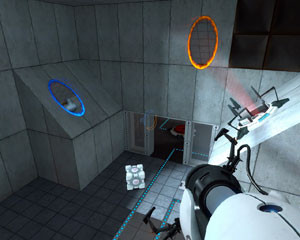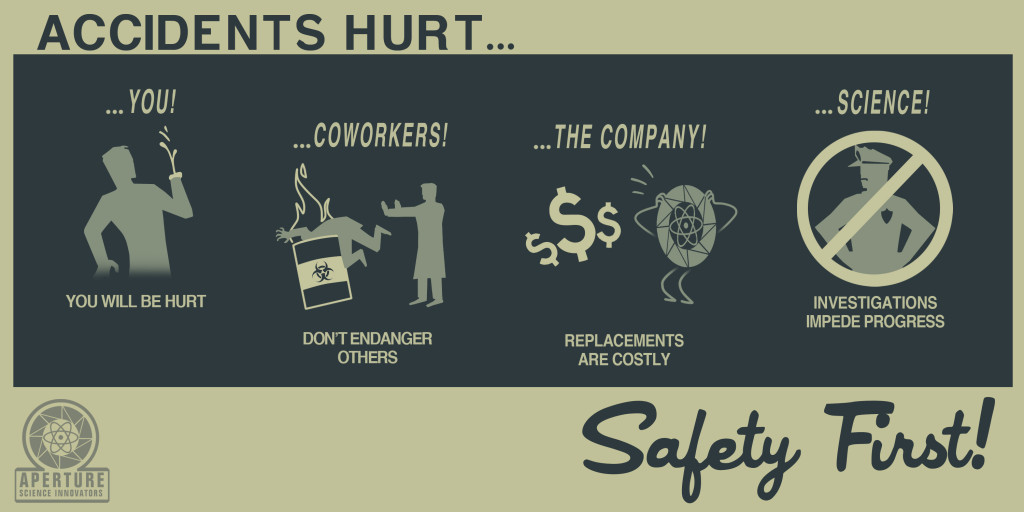Hi Scott. Writing stuffs. Enjoy. Or something. Yay.
Is computational media important?
Yes. I personally think that computational media is important and relevant to the world and its recent happenings. See, once upon a time there were the Middle Ages. And people wrote everything on paper. By hand. Ugh. That means all of humanity’s collective knowledge took a long time to reproduce and access, and any kind of accident (*coughI’mlookingatyouLibraryofAlexandriacough*) can make it inaccessible.
One day, the printing press came. And it was big: stuff could now be easily copied (and hence distributed), so it became much easier for people to access knowledge and preserve it. Yay for books everywhere! And now something similar is happening with computational media. We now have easier access to even more knowledge than any people before us. Thanks to the internet, that knowledge is also mostly protected from being lost in some random fire.
Not only has computational media provided easier access to information (though, admittedly, we are still far from that access being global), but it has also provided a way of visualizing information and facilitating human expression that was impossible before. Sure, we’ve had graphs, diagrams and drawings since we learned to put our thoughts on paper (or papyrus or a stone slab), but now we can visualize massive amounts of data and communicate through moving images (cat GIFs, anyone?). Heck, we can even make stuff that people can interact with.
And why is that awesome? Because it allows us to tell stories like never before, because it allows us to connect and cooperate like never before, because it allows us to teach and learn like never before. And it also allows for its audience to take part: it is active, not passive. So yeah. Awesome stuffs.
And now the part that I have to do because I got sick yay
So you told us to write about some kind of interactive piece/thingy. And of course you saw coming that I’d write about a game. I mean, they are awesome. So I’ll write about Portal.
Portal is this awesome sci-fi first-person puzzle game. As a reader unacquainted with it might have guessed already, the main mechanic consists of creating portals to solve puzzles. As in, you have a nifty gun that you shoot at walls and VOILÀ, you got a portal to somewhere else.

I could talk about how Portal is an awesome game in many ways: brilliantly designed levels, great pacing, awesome characters (#TeamGLaDOS)… but what really makes it stand out for me is more subtle. You see, nowadays many games are just a form of entertainment. And that isn’t a bad thing, per se. But I think of Portal as a hint towards what games can become.
I don’t know if the developers of Portal saw it as anything but entertainment, but they did a great job with the physics of the game. Sure, we have no portals in real life (sad), but other than that, the physics of the game are nearly flawless. You have conservation of momentum, refraction of lasers and more mixed in with critical puzzle-solving challenges. And this is great, because it makes the player deal with “thinking stuff” while playing a game.
I don’t know, I just hope for a future in which this idea of seamlessly making people think while they play (unlike “educational” games) will be used to its full advantage and becomes a great tool for making knowledge accessible to more people. After all, that’s how we all learned things as kids: by playing.


